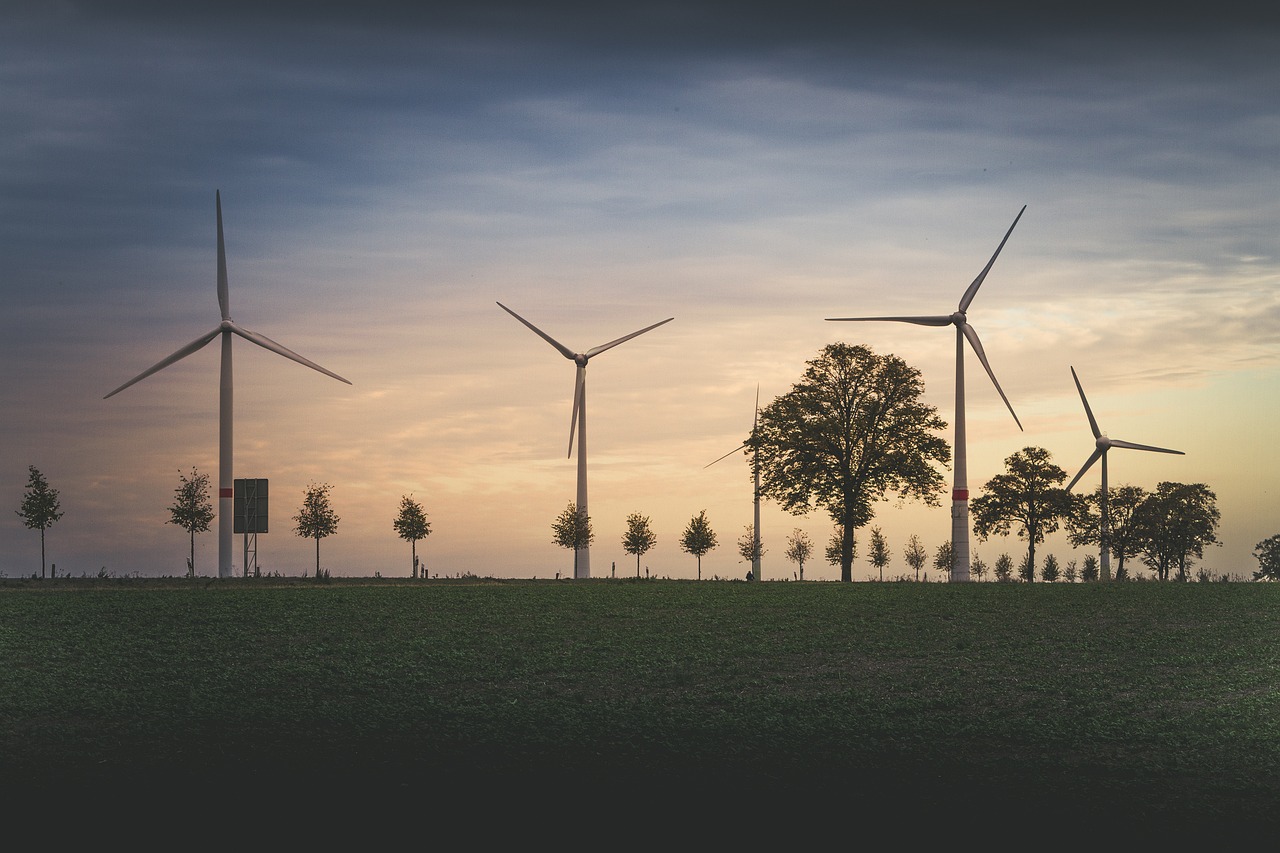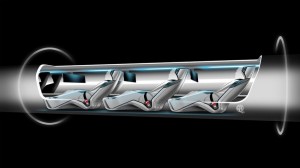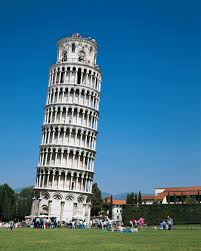Engineering inventions that changed the world
One of the major functions of an engineer is to improve the quality of life of humans around the world. From the beginning of time, man has searched for ways to ease his life, from growing food to fetching water to drink. Over time, there have been some inventions that completely revolutionized the working dynamics of the world.
Electrification
Once, night fall marked a time to go to bed and rest after the day’s activities. Without natural light, productivity was limited to daylight hours. While there were many trials at producing some form of electricity such as rubbing two stones together, it was only until Thomas Edison created a completely functional lighting system that the world changed. His invention – a generator and wiring with a carbon-filament bulb – initiated the introduction of electricity into homes around the world.
Telephone
In 1876, Alexander Graham Bell introduced the telephone to the world. He had no way of knowing that he had sparked a new invention that would prove indispensable to the world even in modern time. Modern telephone network is the backbone of communication and this invention revolutionized global business and communication. Out of the world’s estimated 7 billion population, 6 billion have access to mobile phones. It is estimated that the number of mobile phones will exceed the world’s population by 2014.
Steam Engine
Defining the industrial revolution, the steam engine was used to transport large number of goods from one place to another. Most factories relied on wind and water to drive their machines. When the steam engine was introduced, factories could be built anywhere, not just along fast-flowing rivers. In the early 1800s high-pressure steam engines had become compact enough to move beyond the factory. This prompted the first steam-powered locomotive to hit the rails in Britain and for the first time in history, goods were transported over land by something other than the muscle of man or animal.
Highways
Try imagining getting to work with highways in place. The crux of any country’s economic and social development a reliable network of roads, bridges, and tunnels enables the movement of goods and people from one point to another. Evidence of the first constructed roads dates back as far as 4000 BC; built on marshy ground, paved stone and even timber roads preserved in swamp. With the introduction of the automobile, there was a greater demand for smooth surfaced roads to be built. As the world population continues to surge, engineers are still finding innovative ways to build highways that will cater for the demands of modern society.
Automobiles
The total numbers of cars worldwide today surpass 1 billion yet in the early 1900s the main mode of road transportation was the use of a horse. While Ferdinand Verbiest designed and introduced the first steam powered vehicle in 1672, it was Karl Benz who was the first modern inventor of the automobile, coming up with a four-stroke cycle gasoline engine. All manner of primitive cars soon came up but it was only until Henry Ford formed the Ford Motor Company and started to manufacture cars that could be bought by the average man did the automobile really kick off. Brutal competition between carmakers marked the 20th century as the automobile went on to shape the modern world as we know it today.
Airplanes
The airplane shortened travel from days and months to a few mere hours. Sir George Cayley pioneered the invention of airborne transportation through gliders. This was improved by Otto Lilienthal who made the aerodynamics to fly in the sky and long distances. Later on, steam motors were added through the ingenuity of Samuel Langley and in 1894 but it was the Wright Brothers who launched the first controlled powered flight years later. Transcontinental travel, once a luxury to the affluent, became more accessible and business markets opened up worldwide.
Radio and Television
The radio and television forever changed the way the world could receive news, entertainment and gather information on events through the globe. The first radio transaction was sent out in 1901 by the Italian Guglielmo Macroni. The radio played a particularly vital role in communication during the World War. Transmitting images over wires, the television enabled people to watch live shows and games and went on to become a popular means of home entertainment. Both the radio and television have helped to launch the careers of many celebrities to date and built a successful industry that shows no signs of slowing down.
Plumbing
With no facilities to access clean drinking water or get rid of waste, water borne diseases were rampant in the early 1900s. The challenge fell on civil engineers to build a system that would tackle these issues as well as eliminate waterborne diseases in the developed world. While the world has made strides since, 783 million people do not have access to clean water and almost 2.5 billion do not have access to adequate sanitation according to the World Water Assessment Programme.
Refrigerator
The greatest kitchen invention ever made, the refrigerator allows houses to have cool storage for food for long periods of time without it going bad. Before it was invented, people would use natural means such as ice houses that were placed near freshwater lakes or packed with snow and ice during the winter. Evidence of the first artificial refrigeration was demonstrated by William Cullen at the University of Glasgow in 1748. Subsequent improvements were made, allowing the fridge to become a popular commodity that features in most households today. It allows food to be stored longer and households can buy food in bulk without the worry that it will spoil.
Computers
Considered to be the first electro-mechanical binary programmable computer, the Z1 was created by German engineer, Konrad Zuse. Alan Turing then went on to build a machine that became the foundation for theories about computing and computers, the Turing machine. Years later, with exponential strides in development and the explosion of the internet, computers are an integral part of everyday life from schooling, health care, socializing to work. Providing numerous benefits, there is hardly any area where a computer is not used.
GPS Technology
The Global Positioning System was originally developed as a navigation system for the United States military. It uses a network of satellites around the Earth to pinpoint the exact position of a receiver anywhere on the planet. It is now in everything from cell phones and wristwatches to bulldozers, shipping containers, and ATMs. It helps to boost productivity in various economic fields such as farming and package delivery; prevents transportation accidents and still plays a critical role in maintaining national security.
Robots
Spearheading a revolution in the world of manufacturing, robots are sometimes blamed for the rising levels of unemployment today. Dating back to 1921, Karel Capek wrote a play Rossum’s Universal Robots where the robots in the play had human form and were manufactured in vats like beer. Eventually George Devol developed the first industrial robot, called Unimate. Today robots have risen to feature droids and autonomous machines walks. They are able to perform surgeries, work in dangerous environments such as war zones, vehicle and car factories, bomb diffusion and many other functions.



